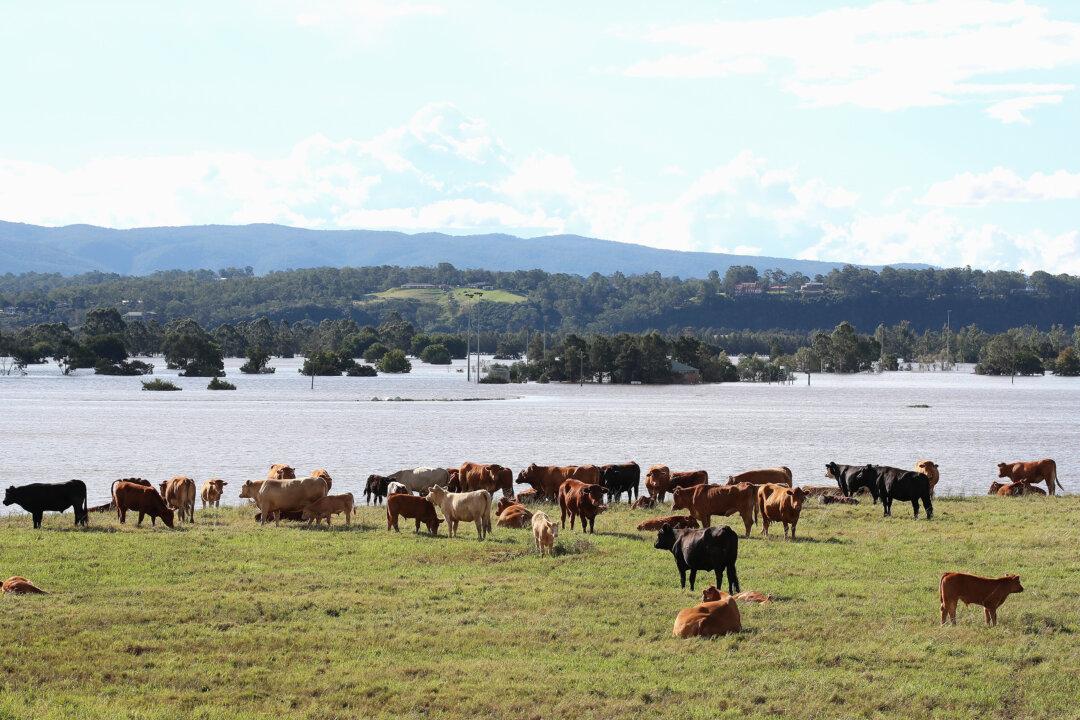Australia’s chief veterinary officer has warned that the country’s agriculture industry faces its “greatest biosecurity threat” in decades.
Dr. Mark Schipp’s warning comes after Indonesia witnessed the re-emergence of foot and mouth disease (FMD) in early May, which followed an outbreak of lumpy skin disease in March and African swine fever earlier.





